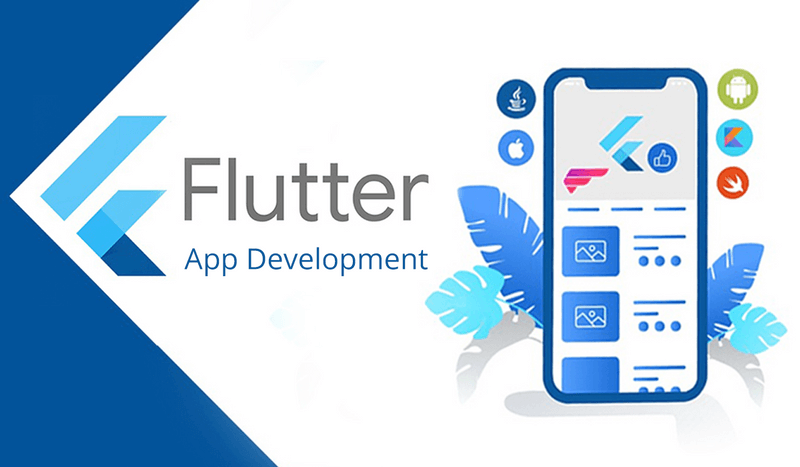
In the dynamic realm of mobile app development, the concept of hybrid apps has emerged as a game-changer, offering a compelling alternative to the traditional native app approach. Hybrid apps, built with a single codebase that can be deployed across multiple platforms, have gained significant traction due to their cost-effectiveness and faster development cycles. Among the various hybrid app development frameworks available, Flutter has rapidly ascended to prominence, captivating the attention of developers worldwide.
Flutter’s unique architecture and comprehensive feature set offer a plethora of advantages for hybrid mobile app development:
-
Cross-Platform Compatibility: Flutter’s write-once-run-anywhere (WORA) approach eliminates the need to maintain separate codebases for iOS and Android, significantly reducing development time and costs.
-
Native-Like Performance: Flutter’s Skia rendering engine delivers native-like performance, ensuring a seamless and responsive user experience across all platforms.
-
Hot Reload: Flutter’s hot reload feature enables developers to see their code changes reflected in real-time, accelerating development and debugging processes.
-
Rich Widget Library: Flutter provides a comprehensive library of customizable widgets, making it easier to create visually appealing and intuitive UIs.
-
Open-Source and Community Support: Flutter’s open-source nature fosters a vibrant community of developers, providing ample resources and support for learning and troubleshooting.
Steps to Create a Hybrid Mobile App with Flutter
-
Set Up the Development Environment: Install Flutter and its required tools, ensuring compatibility with your operating system.
-
Create a Flutter Project: Initialize a new Flutter project using the Flutter command-line tool.
-
Design the App’s User Interface (UI): Utilize Flutter’s declarative UI toolkit to create the app’s layout, widgets, and interactions.
-
Implement App Functionality: Write Dart code to handle user interactions, data management, and API calls.
-
Test and Debug: Thoroughly test the app using Flutter’s testing framework and debugging tools to ensure its stability and functionality.
-
Deploy the App: Build the app for both iOS and Android platforms and deploy it to the respective app stores.
Flutter’s Impact on the Future of Hybrid App Development
Flutter’s meteoric rise has undoubtedly transformed the landscape of hybrid app development, offering a compelling alternative to traditional approaches. Its ability to deliver native-like performance, coupled with its cross-platform compatibility and rapid development cycles, has made it the preferred choice for numerous businesses and developers. As Flutter continues to evolve and mature, its impact on the future of hybrid app development is poised to grow even more significant.
